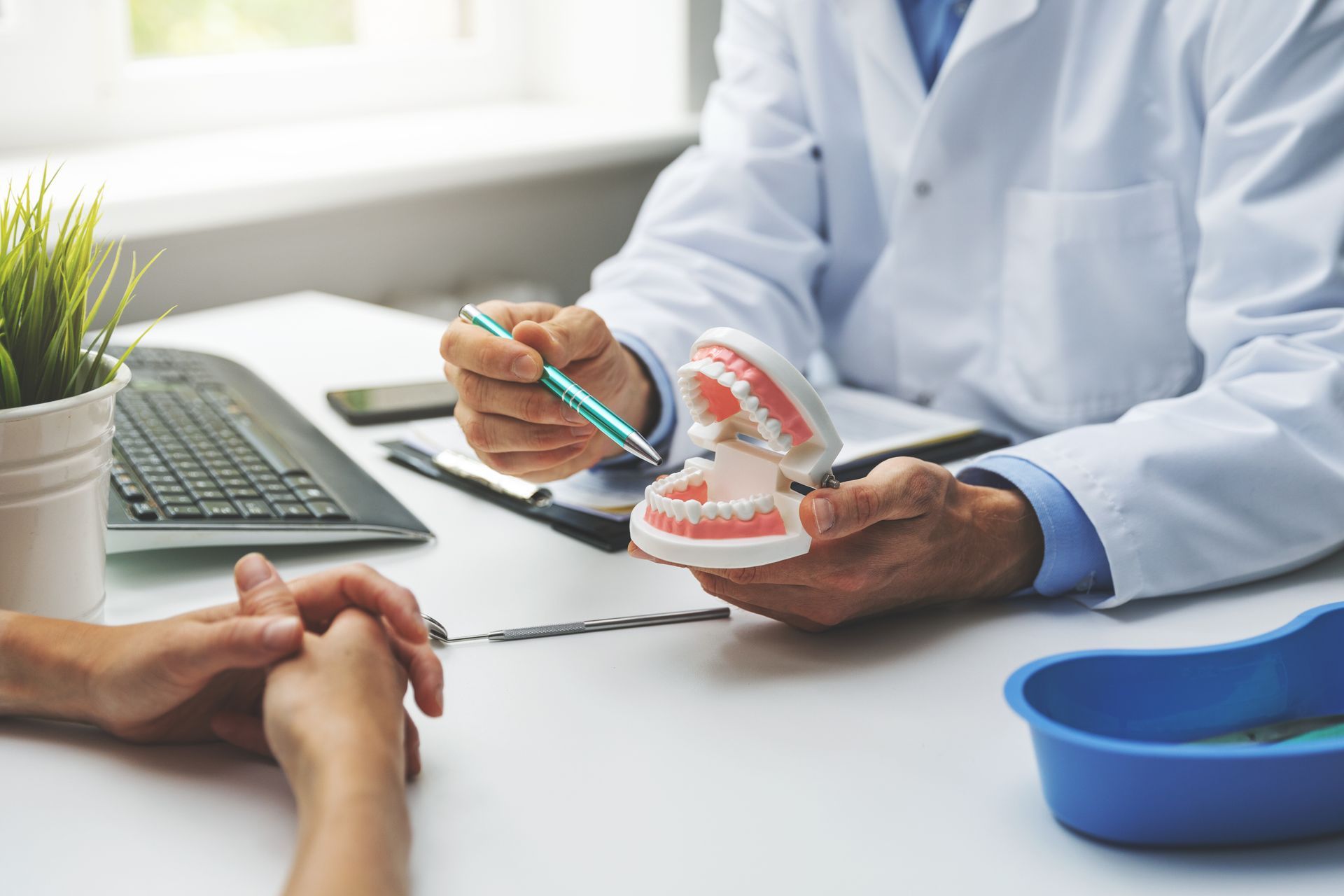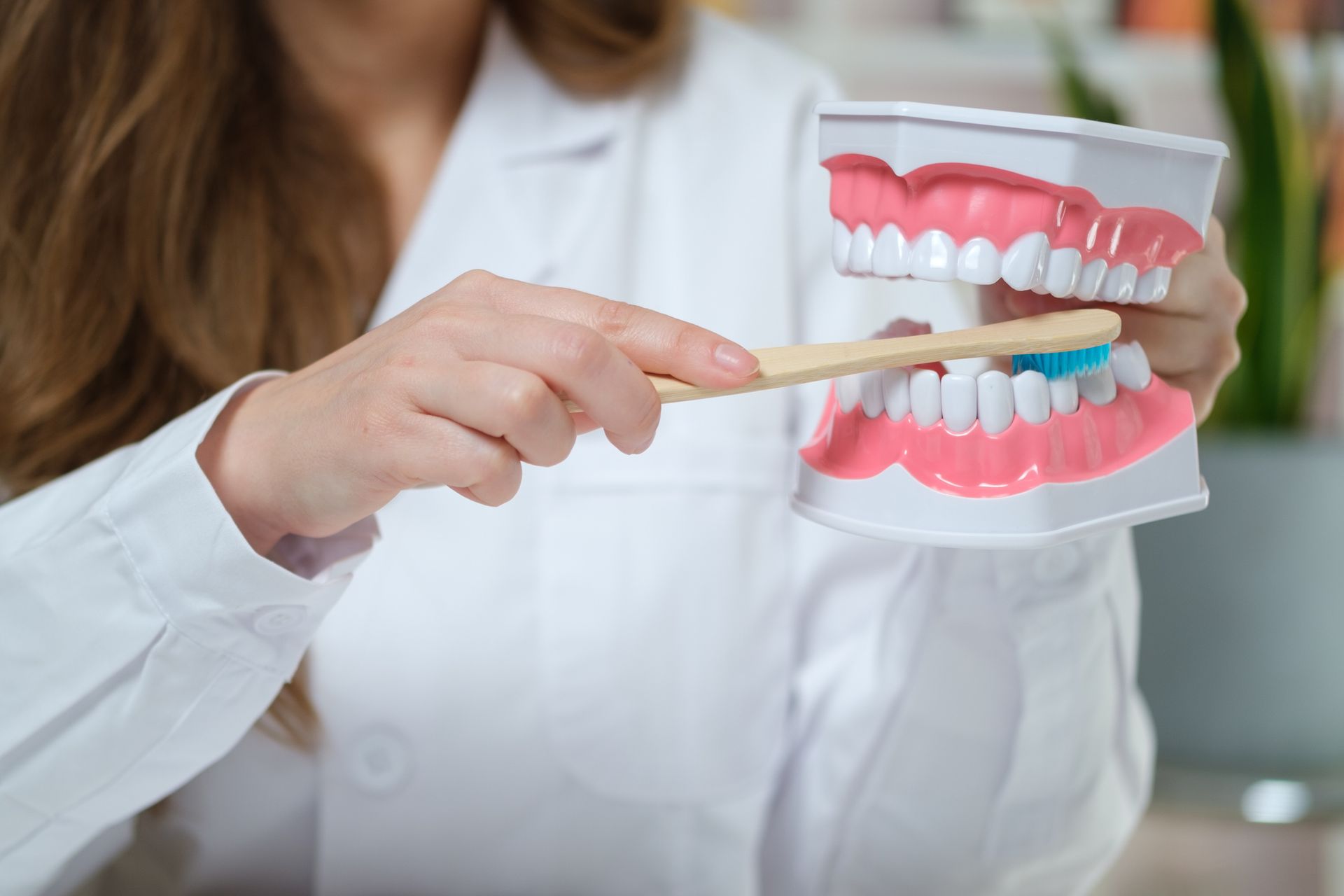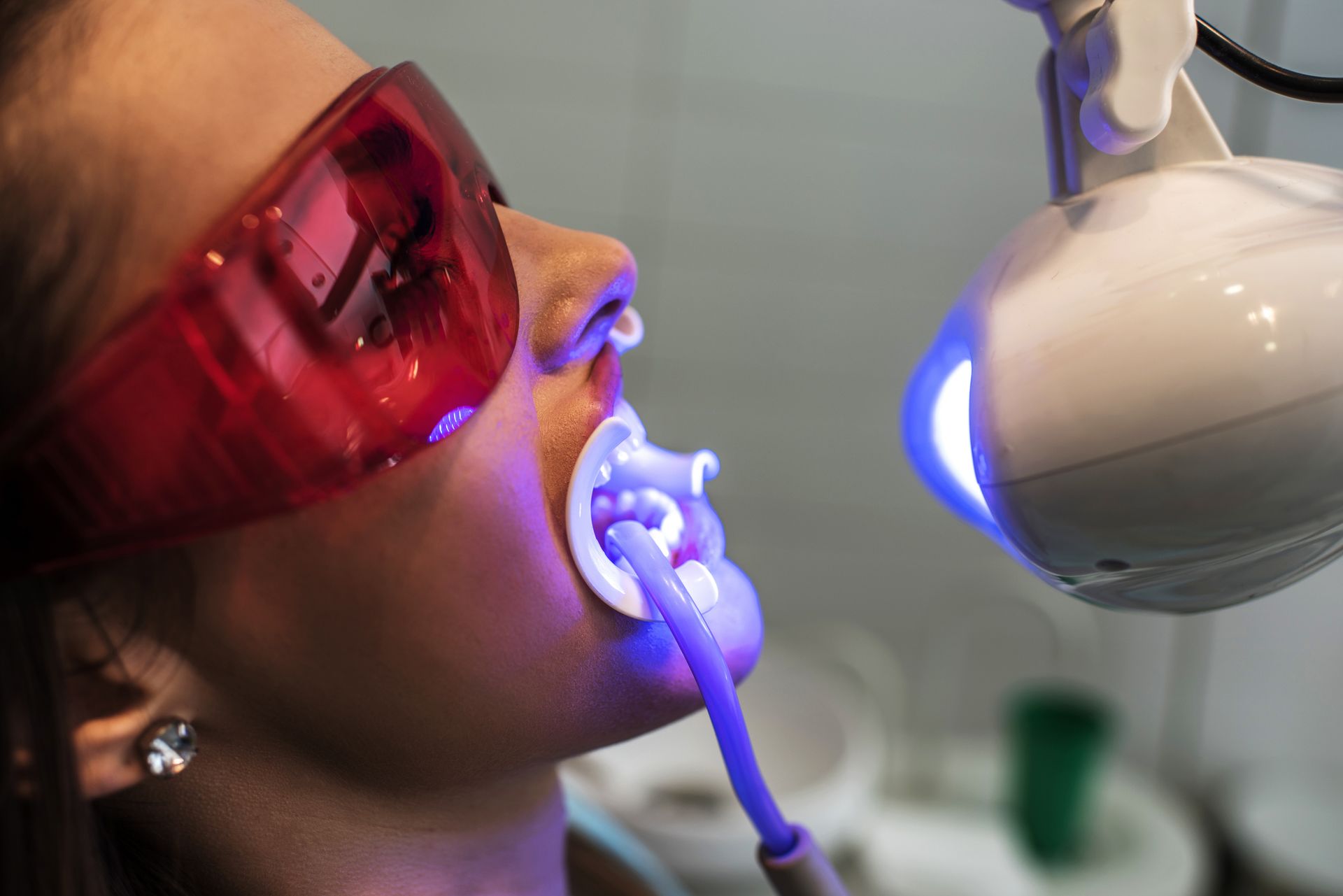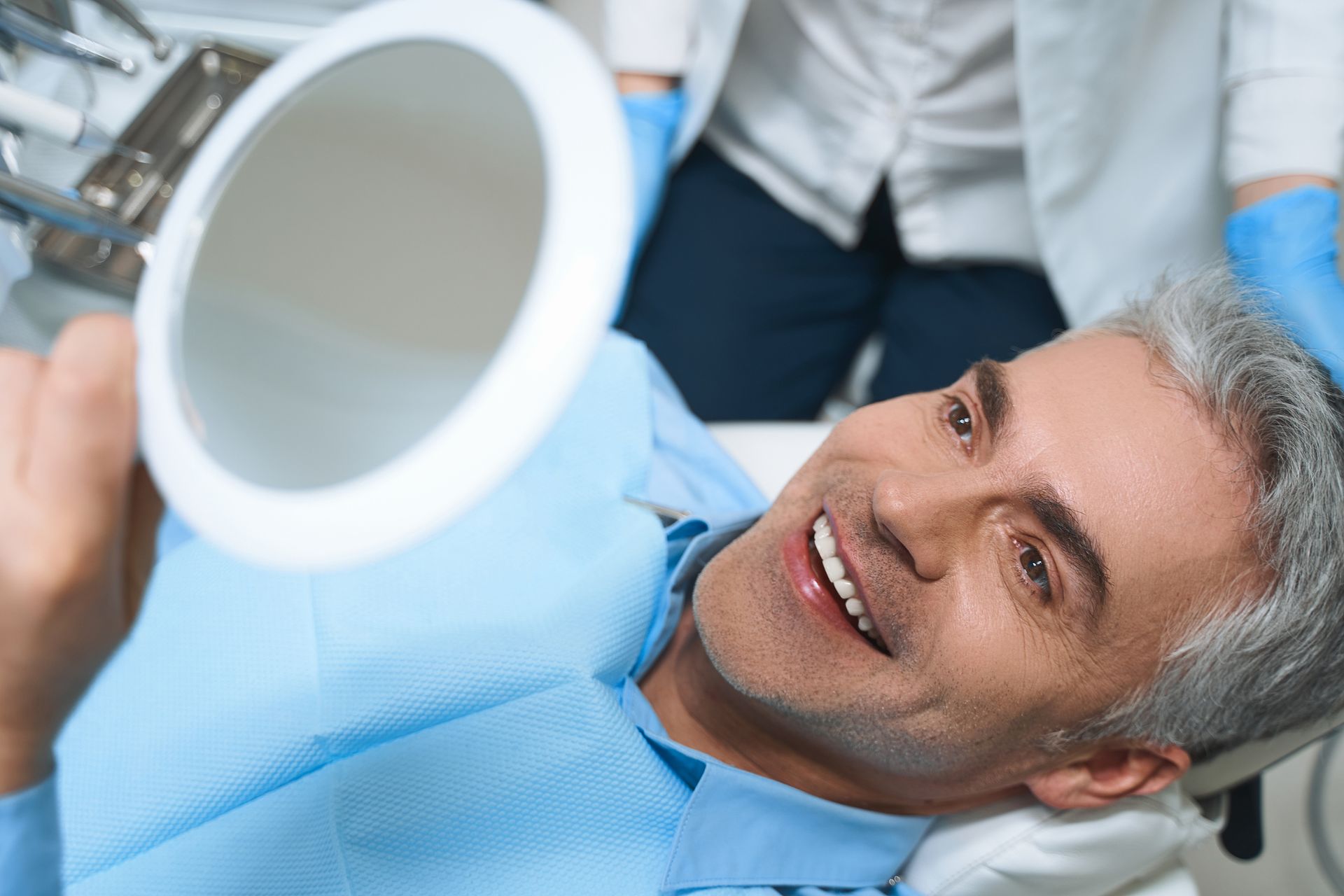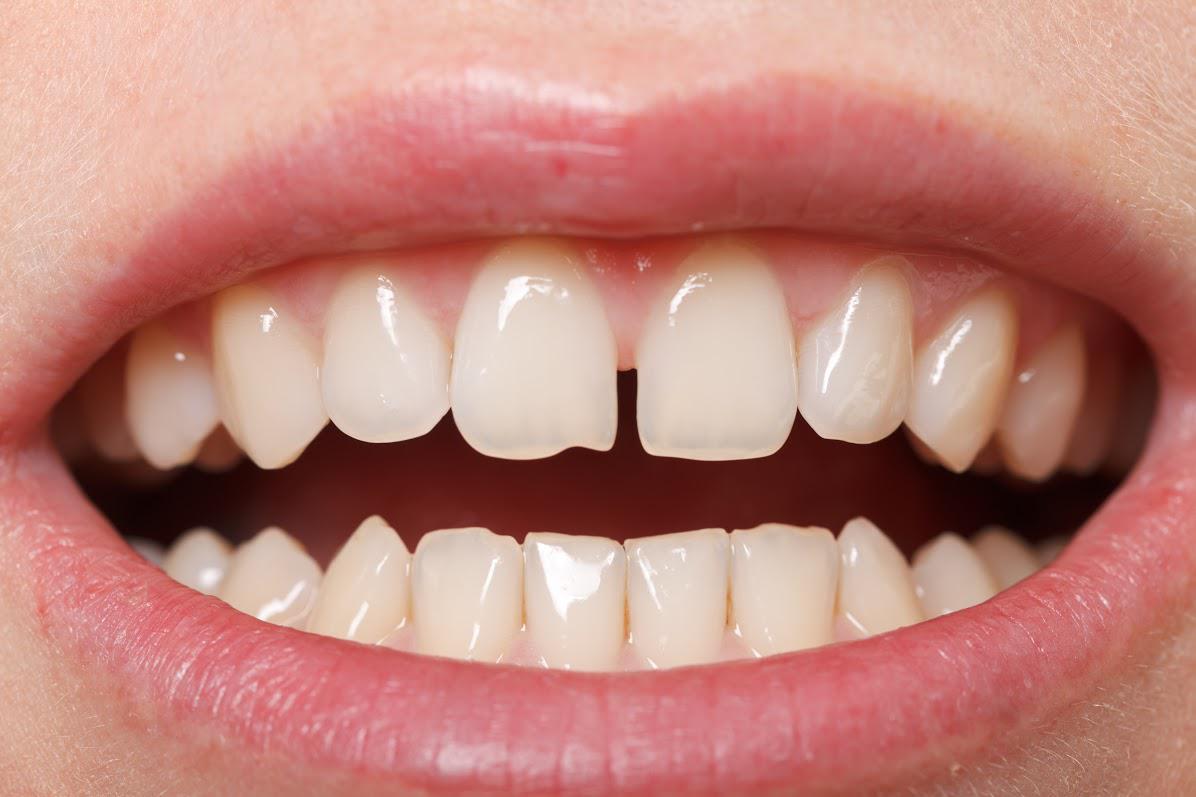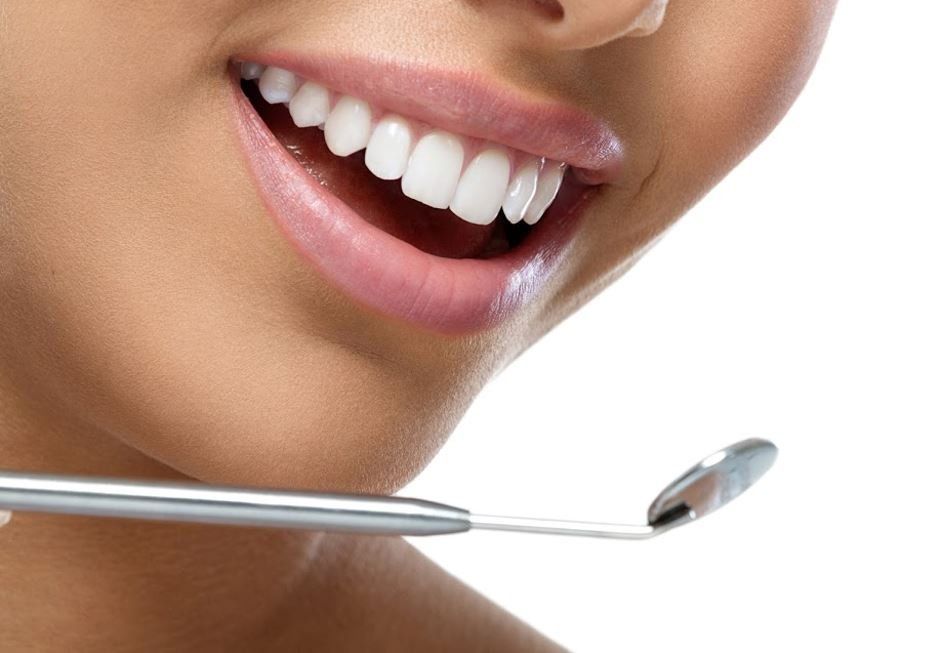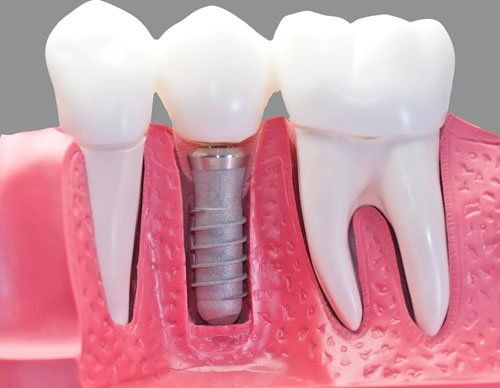4 Unexpected Causes of Tooth Pain
Tooth pain can be aggravating and debilitating, especially when it affects your quality of life. Normally tooth pain is easily diagnosed and stems from a cavity, periodontitis, trauma, or other common dental problems.
Sometimes, however, no immediate explanation is apparent, but the pain is real. Here are four unexpected reasons your teeth might cause you pain.
1. Neurovascular Headaches
Migraine and cluster headaches are called neurovascular headaches because they are caused by changes in blood vessels of the neck and head. Pain you experience during a migraine headache can be transmitted along nerves to other parts of your body. This phenomenon is called referred pain.
Your teeth can experience referred pain during a headache. Referred pain can cause inflammation to spread to blood vessels near your teeth. Most often, your upper and lower premolars and upper canine teeth throb and pulsate during a headache, sometimes even after you no longer have a headache.
2. Excessive Exercise
Rigorous exercise evokes images of teeth-jarring activity or injuries that cause tooth trauma. Often athletes believe their tooth pain starts because of cavities brought on from drinking sugary sports drinks. However, one or more teeth might start to hurt because you exercise rigorously, but for an entirely unexpected reason.
One study found a link between athletes that work out heavily and high levels of tooth decay. The surprising culprit was saliva. As you exercise your mouth produces less saliva, which makes your mouth drier. Drinking water or other fluid does not actually replace the unique properties that saliva has. Less saliva means less protection for your teeth from tooth decay.
Additionally, the study showed that alkalinity of saliva increases as you exercise. Saliva is less able to protect your teeth when pH levels are off. In fact, very alkaline saliva weakens teeth and puts them at risk for plaque.
3. High Stress Levels
Stress makes you worry at night, brings on headaches and stomach aches, and even leaves you feeling depressed. But when you have a toothache that won't go away, stress is probably the last thing you think is the cause of your pain.
Another symptom of stress is bruxism, or teeth grinding. Stress can make you clench your jaw during the day and grind your teeth at night while you sleep. Long-termed bruxism inflames the muscles in your jaw, which radiates to your teeth. Over time, bruxism causes more damage than just sore muscles. Uncontrolled grinding wears away crowns, fillings, and eventually tooth enamel, putting your mouth at risk for infection.
4. Sinus Infections
A simple cold or flu can send bacteria into your sinus cavities where long-term infection eventually inflames your sinus region and places pressure on other regions of your face or head. Chronic inflamed sinus regions are referred to as a sinus infection or sinusitis. In addition to a fever, cough, headache, and runny nose, you might develop pain in your teeth.
The inflamed sinus region behind your cheekbones and on both sides of your nose is responsible for pain that radiates to your upper jaw and the sensitive roots of your upper teeth. Pain increases when you walk, bend over, or tilt your head in any direction. You may feel a continuous dull ache in several teeth rather than a sharp pain specific to one tooth.
When you experience any kind of toothache, visit your dentist first. He or she will examine your teeth to check for tooth decay, cavities, gingivitis, infection, or other common dental problems that cause tooth pain. Don't put off a dental visit for tooth pain that diminishes your quality of life. Call Gregory S. Rutherford, DDS, PA , to make an appointment with a caring professional for your next exam.



